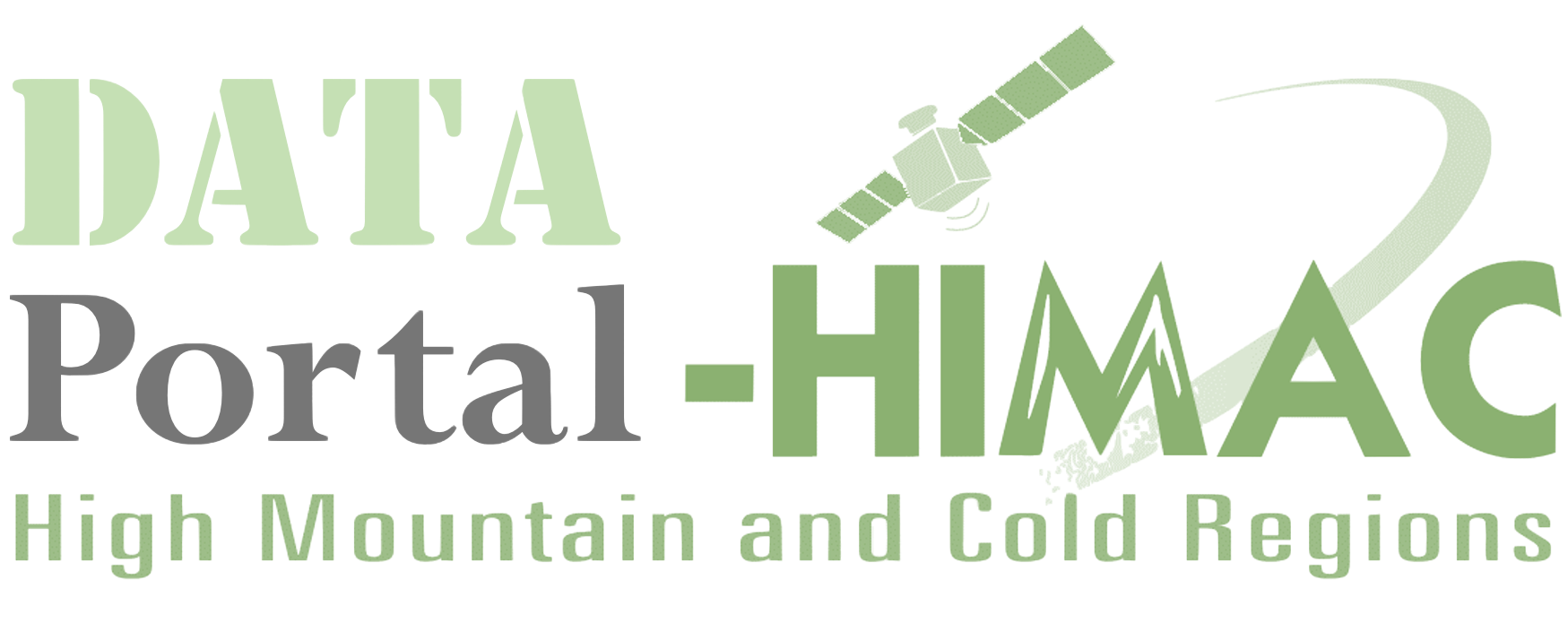You're currently viewing an old version of this dataset. To see the current version, click here.
Data Center for Aurora in NIPR
Data and Resources
Additional Info
| Field | Value |
|---|---|
| Source | http://polaris.nipr.ac.jp/~aurora/ |
| Last Updated | May 21, 2021, 10:50 (UTC) |
| Created | October 21, 2020, 01:54 (UTC) |
| Country | Japan |
| Data Management | NIPR is responsible for the proper use and management of data collected as a result of NIPR-related activities. The PDC is in charge of data management. Following Article I.1.c of the 1998 Antarctic Treaty, affliate countries are obliged to ensure thatscientific data collected from Antarctic observation programs can be freely exchanged and utilized. At the 22nd ATCM meeting of cooperative countries of 1998 Antarctic Treaty, it was established that each country would be required to establish a National Antarctic Data Centre (NADC) and to properly disclose data collected from scientists. The PDC at NIPR performs the function of a NADC for Japan. |
| Data Policy | In specific terms, the Data refer to the research and observation data, simulation data, graphic images (including moving images, still images and photographs), and figures and any other kind of information obtained through research and study as well as any records thereof, as well as metadata of the respective Data. The Data also refer to metadata of the specimens (samples) obtained from the research and study including living organisms, soil and seawater, as well as analysis data for the specimens (samples) and metadata of the analysis data. The Data obtained by the Project belong to the respective institutes who have obtained the Data, except for instances where specific agreements are made. The Project has the right to use the Data thus obtained. |
| Data Sharing Principle | The scientists participating in the Project will attempt to publicize the Data promptly so as to maximize the value of the obtained data. However, the scientists who have obtained the Data will be entitled to a publication moratorium period for processing (calibration, quality control, etc.) of the Data necessary for publication. These data are the common property of the human community, and it is important for them to be made open for research, educational and industrial purposes, and to be available for use into the future on a global basis. It is one of the Project’s most important aims to store these valuable data for a long period of time and provide them in an easily accessible manner. |
